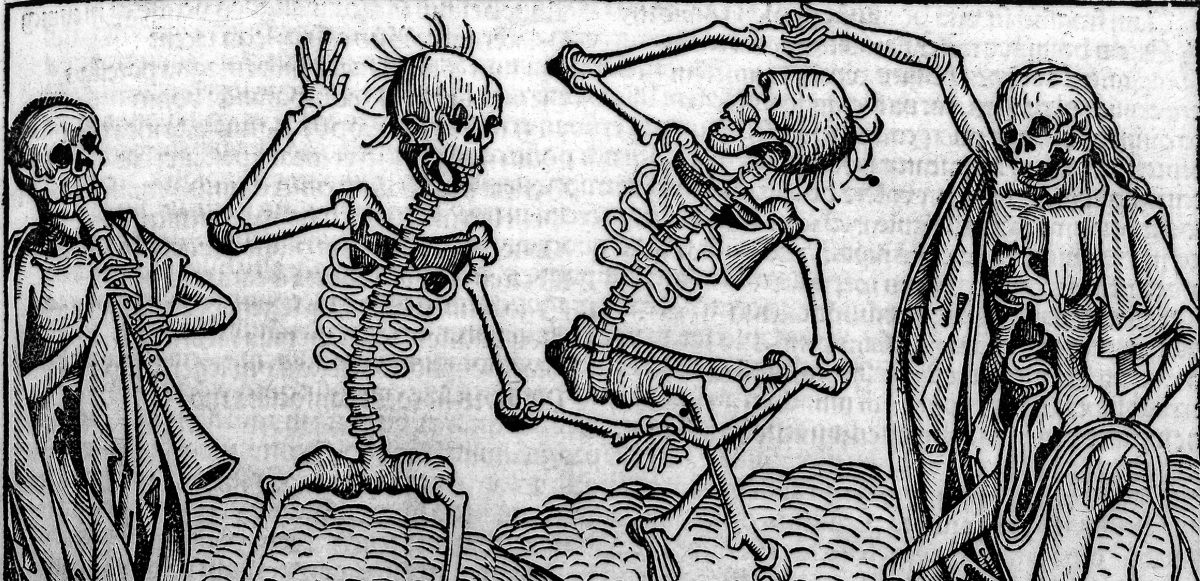
So, Hertfordshire University’s Open Graves, Open Minds unit have been running a ‘demon of the day’ campaign on Twitter this week. I’ll confess, as someone who started their interest with the Classical world and Ancient Near East, I’m rather partial to a good demon (I will, one day soon, write the article about Lilith I’ve been threatening.)
I had a rather good conversation with the OGOM project’s Twitter, and the excellent Dr Sam George on the nature of the Solomonic demon Astaroth.
I’m not too proud to admit that one of the reasons I know about Astaroth (and Baal, and Asmodeus) is because I was hoping to lay down the intellectual smack on something that irritates me: the belief that the demons of Christianity were the Gods of previous civilisations.
Which isn’t always true.
Of course… in the case of Astaroth… it sort-of… is.
Which is really fascinating, since becoming a demon isn’t the most interesting thing that happened to him.
His original name was Ashtoreth, and he used to be a goddess. Continue reading “Astaroth: from Female Deity to Male Demon”









